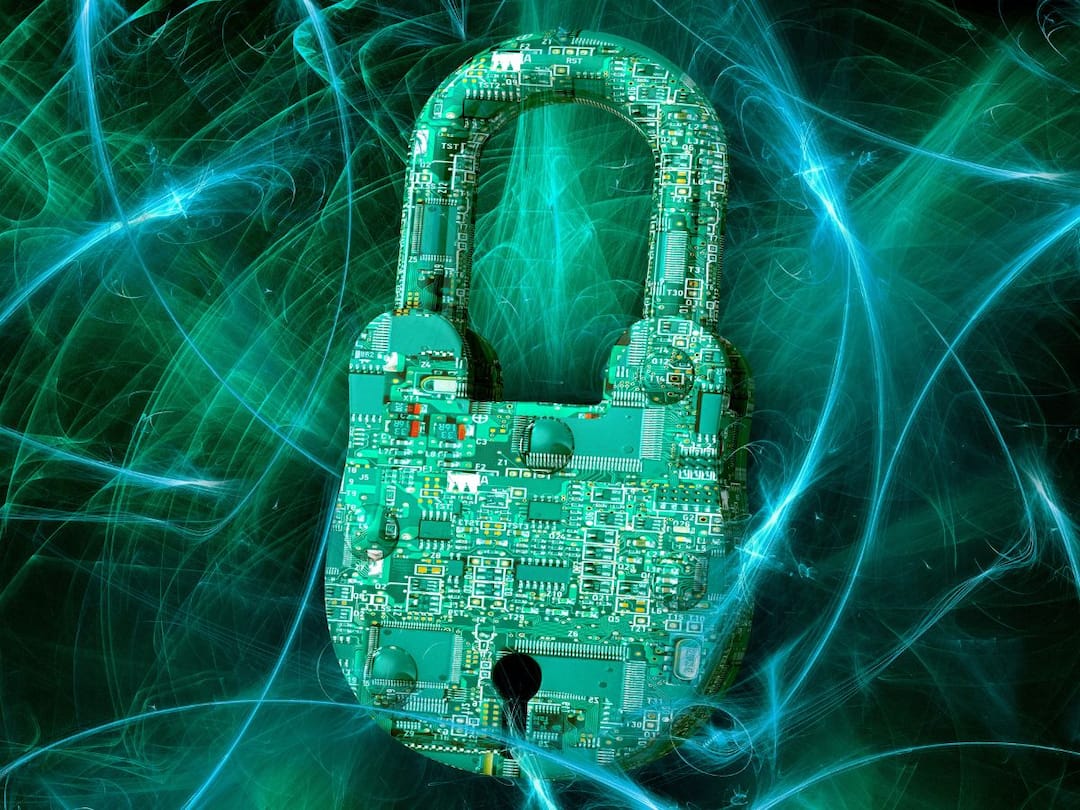NCSC Proposes 'Delhi Declaration' For G20 Nations To Safeguard Cyber Peace, Cooperation
The Delhi Declaration aims to enhance global cybersecurity cooperation and reinforce responsible state behaviour in cyberspace.

Rajesh Pant, the National Cyber Security Coordinator, proposed the "Delhi Declaration" on Monday for G20 nations to promote cyber peace and cooperation in preventing, mitigating, and investigating cyber incidents in cyberspace. Speaking at the B20 Conference on Cyber Security organised by the Confederation of Indian Industry (CII), Pant referred to various G20 action plans regarding cyberspace and emphasized the G20's support for existing UN cybersecurity norms.
During his address, Pant put forward the concept of the Delhi Declaration, stating, "I want to propose today something that I'm calling the Delhi Declaration."
He highlighted that the G20 encourages states to adopt norms of responsible state behaviour in cyberspace, and the Delhi Declaration consists of norms that have already been accepted by the UN and the open-ended working groups.
ALSO ON ABP LIVE: India Aims To Bridge Digital Health Divide, Says Niti Aayog's VK Paul At G20 Meet
"We commit to protect, not damage critical infrastructure or other essential and peaceful systems from cyber-related or enabled means, commit to cooperate to prevent, mitigate, and investigate cyber incidents and other malicious activities in cyberspace. In particular, when it comes to ransomware," Pant stated while sharing excerpts from the proposed Delhi Declaration.
He further outlined the commitment to protect and not disrupt the software supply chain, respect international law and the rule of law in cyberspace, and safeguard the humanitarian sector. Pant also mentioned a long-term plan to support the implementation of the framework.
The National Cyber Security Coordinator emphasized the need for governance structures and cybersecurity training to ensure cyber hygiene, including standard operating procedures for various actions, cyber crisis management plans, and audits. He noted that technology would encompass all aspects discussed under the concept of the zero-trust architecture, covering endpoint security, identity and access management, network security, data security, cloud security, and application security.
The Delhi Declaration aims to enhance global cybersecurity cooperation and reinforce responsible state behaviour in cyberspace. It underscores the importance of protecting critical infrastructure, cooperating in preventing cyber incidents, respecting international law, and strengthening the cybersecurity of the humanitarian sector. The proposed declaration will be further deliberated upon and considered by G20 nations as part of their efforts to address cyber threats and promote cyber peace.
Subscribe And Follow ABP Live On Telegram: https://t.me/officialabplive






































